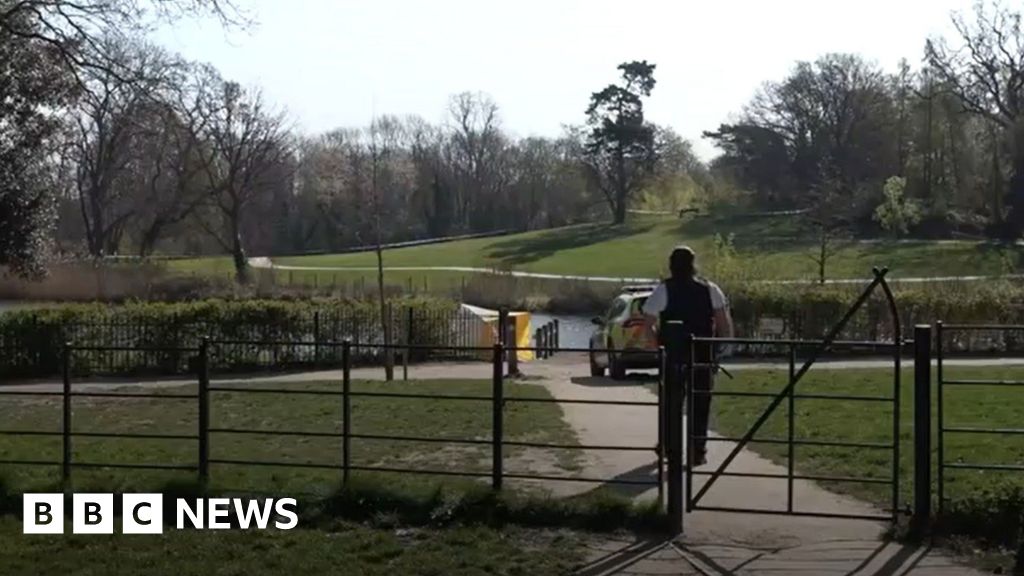It might be one of the most challenging things for local governments to do, and Charleston County must do it soon: find a new site to bury our trash. The Bees Ferry Landfill in West Ashley is gradually filling up, and while it still has several years of useful life — somewhere between 17 years and 40 years, depending on all sorts of things — it will take about seven years to find, purchase and permit a new landfill location. Thomas Cue, Charleston County's director of Environmental Management, had a simple message for County Council Thursday: "It is very urgent we start now to look for property to do this.
" And we agree. County Council plans to hire a consultant with technical expertise within a year to scout potential sites and help handle public relations. It's an important start, but council must simultaneously consider what can be done to extend Bees Ferry's life, which would buy some time.

The options at Bees Ferry include seeking permission to go up another 50 vertical feet, from 172 feet to 222, which would add about three to four years to the landfill's life. But there's no guarantee of state or federal permits to do that. The county also could get rid of its 20-acre composting site at Bees Ferry and bury trash there, but that would involve either finding a new site for composting yard debris or getting rid of this popular service that diverts a major amount of material from the landfill.
The county also has a pond on the Bees Ferry site that could be used, but that would involve filling this 60-foot-deep pond with about 500,000 cubic yards of protective soil before burying any trash. Another landfill option would be to find a site in a neighboring county, which Mr. Cue noted would be complex and politically fraught.
While Berkeley or Dorchester might have sites, the added cost to haul the county's waste to a transfer station and then to an out-of-county landfill could add up to $112 per ton beyond what taxpayers currently pay. That would add about $22 million to the county's annual disposal costs, and the county would have little to no control over future landfill disposal rates, so that number could climb. Also, trucking waste outside the county would increase emissions, congestion and vehicular accidents.
County taxpayers pay a $150 annual fee to handle landfill and recycling costs, and County Council must find a workable path forward that's environmentally responsible and that keeps that fee as low as possible. It should not be underestimated how difficult this promises to be, particularly given the low-lying nature of the county's land and given rising seas and land costs. Decades ago, these realities prompted the county to build a solid waste incinerator in the Neck Area, which since has been shut down.
Asked if a new incinerator could be a solution, Mr. Cue noted that it also would be very challenging to locate and permit. This is the least attractive option, as the county already has tried it and found it didn't work as well as some hoped.
About 15 years ago, County Council rejected a zoning request to allow a private landfill near Adams Run after public outcry, and years before that, the county purchased a 750-acre tract off U.S. Highway 17 in Parkers Ferry as a future landfill site, but closer study found too many wetlands there, and the county has since sold it.
Even the prospect of extending the life of Bees Ferry almost certainly will raise concerns from nearby homeowners, even if most of them knew they were moving next to an existing landfill when they bought their homes. Chairman Kylon Middleton, who represents the area, asked Mr. Cue to meet with neighbors soon to discuss how extending Bees Ferry's life might affect them.
Sorting through all these options for burying Charleston County's household trash will certainly be controversial, but our elected officials, neighborhood leaders, environmental advocates and residents must keep in mind the county needs to pick one sooner, not later. Click here for more opinion content from The Post and Courier..
Technology

Editorial: Charleston County has news few want to hear but all must listen to

It might be one of the most challenging things for local governments to do, and Charleston County must do it soon: find a new site to bury our trash.















